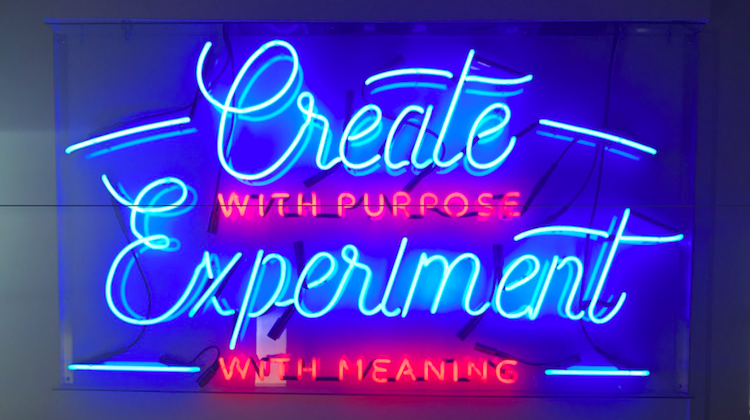Modern Marketing
‘If you don’t offer an experience you’re not relevant’: Why banks need to be at SXSW
- SXSW offers banks opportunities for marketing, networking and above all, engagement with customers that they're missing
- Banks' SXSW absence shows financial services innovation isn't as far along as it seems at more industry-focused events like Money 2020 or Finovate








